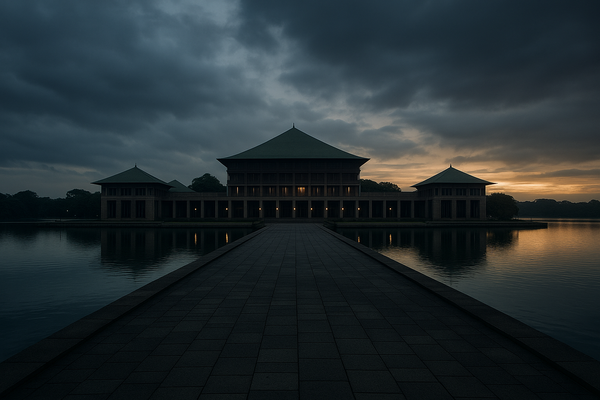Sri Lanka’s deepest crisis is not economic, political, or even security-driven — it is structural forgetting. From insurrections and war to tsunami, terror, and collapse, this essay examines why institutions fail to retain memory, protect competence, and reform by design.
